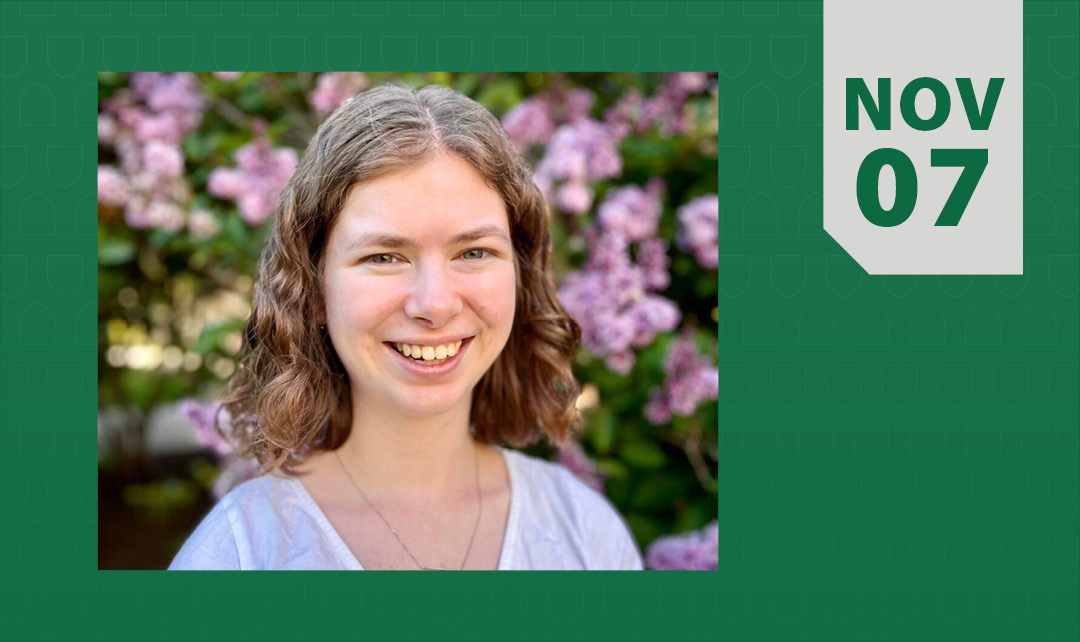
Mathematics and Statistics Colloquium
“Accounting for Changing Behaviour in Bayesian Epidemic Models” by Dr. Madeline Ward (PhD)
Date: Friday, Nov. 7
Time: 3:30 pm
Location: Room 206 Arts Building, 9 Campus Dr., Saskatoon
Free and open to the public
About this event
A talk by Dr. Madeline Ward (PhD) of the University of Saskatchewan
Infectious disease transmission models are used to inform public health policies and gain a better understanding of disease dynamics. For them to accomplish these goals effectively it is important that models accurately represent the mechanisms that drive the spread of disease. During many epidemics – such as COVID-19 – human behaviour change is an important driving force behind shifts in transmission patterns. In times of perceived higher risk, people will often adopt protective behaviour changes to attempt to mitigate the impact of the disease on themselves or others. These behaviour changes are typically complex, not well understood, and difficult to quantify. For these reasons, behaviour change is challenging to incorporate into epidemic models. However, ignoring the effects of behaviour change can lead to inaccurate estimates of epidemic metrics and misleading forecasts of future trajectories. This talk will discuss methods developed to overcome the challenges of incorporating behaviour into compartmental, Bayesian infectious disease transmission models.
The Colloquium Committee gratefully acknowledges that our colloquium series is supported in part by the Pacific Institute for the Mathematical Sciences.
Info: colloquium@math.usask.ca


